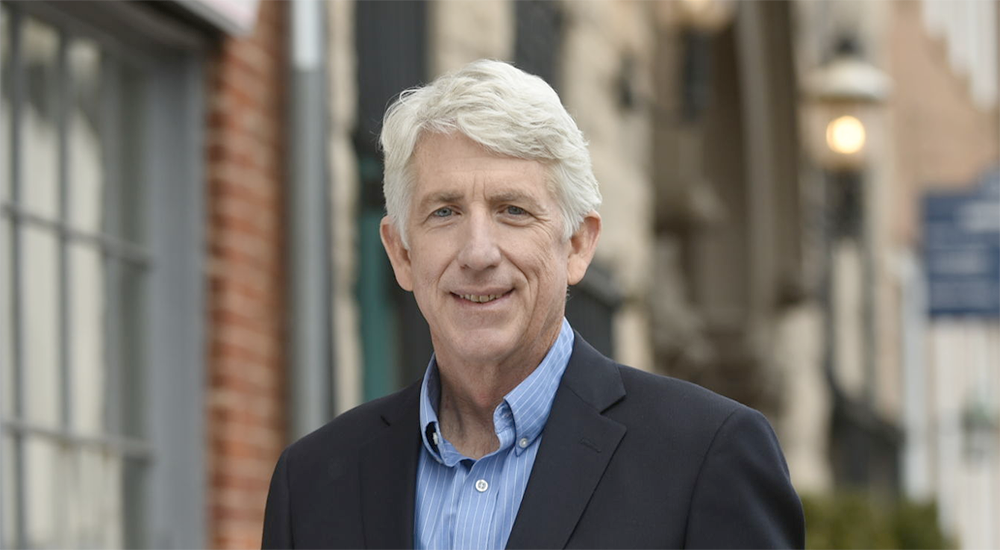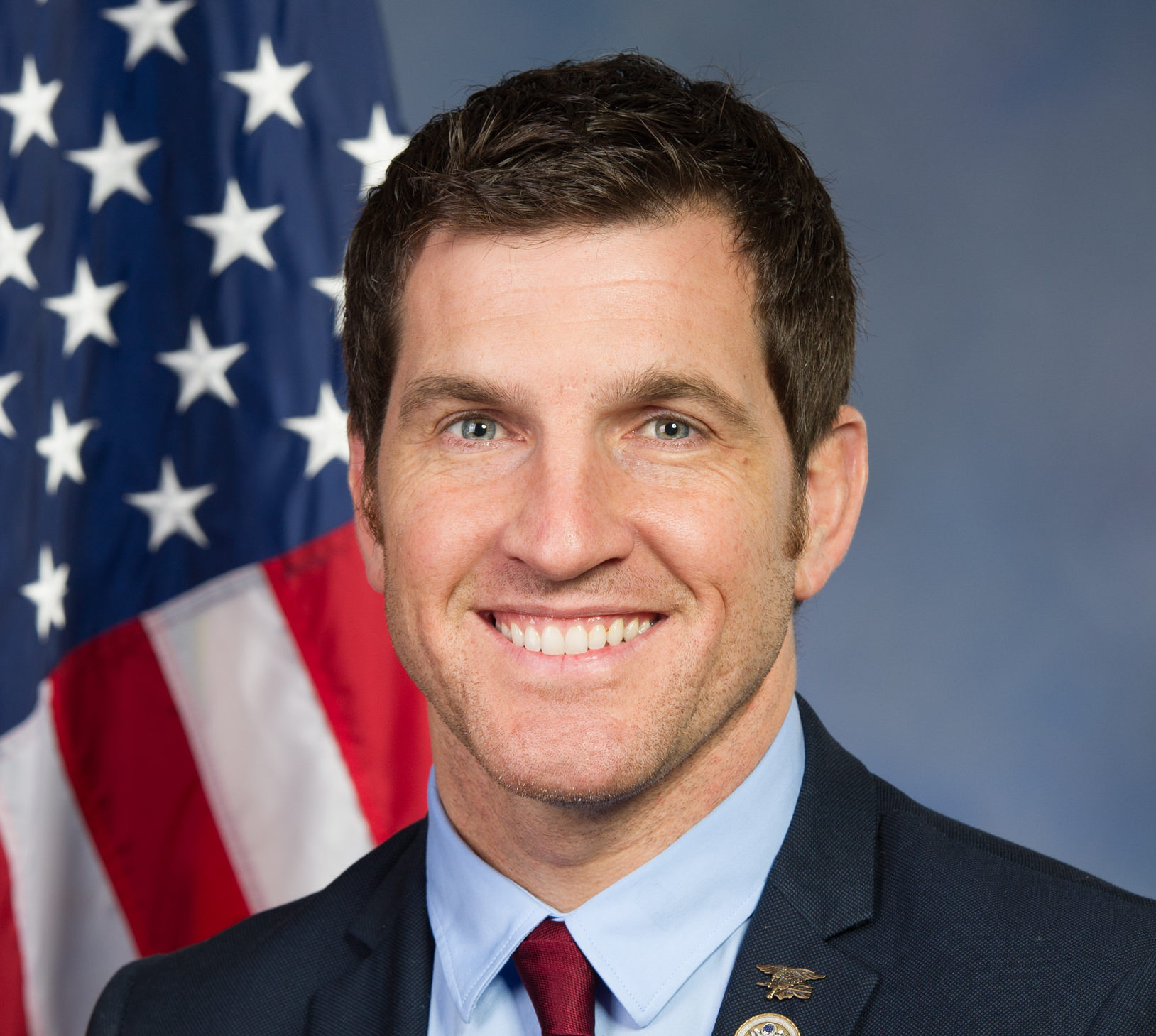Earlier today, Attorney General Mark Herring made a campaign announcement on a current issue, in an exclusive planned with Blue Virginia: he would not accept money from electric utilities in his campaign for governor in 2021. Herring was the first Democrat to declare his candidacy, two weeks ago.
Coming three years before the election, several analysts said the move seemed timed to lock up early support for his campaign from fellow Democrats, left-wing activists, and large donors to the party.
One donor they mentioned specifically was Michael Bills, a fund manager and frequent left-wing contributor from Charlottesville.
Bills is a prolific Democratic donor, having given the party and its candidates $1,594,500 in Virginia races, as reported by VPAP. Bills’ second-largest recipient was Herring, who received $170,000.
The environmentalist donor, through his Clean Virginia PAC, has demanded that candidates refuse contributions from utilities. The PAC recently launched new ads, specifically targeting Dominion and elected officials on the contributions which Herring just swore off.
Herring’s move seemed timed to favor the larger donor, analysts said, and was more a financial calculation than a principled stand.
Herring suggested he would not return the $134,500 he received from Dominion, saying his policy would apply “going forward.”
He also claimed the contributions eroded trust in government, but offered no explanation for why he accepted them over the last twelve years.
The flurry of early campaign activity, analysts said, was needed to outmaneuver likely Democratic contender Justin Fairfax, Virginia’s current lieutenant governor who would challenge Herring from the left.
Fairfax previously won over the party’s base in the 2017 Democratic primary, with a campaign appealing to Bernie Sanders supporters who backed his progressive positions on issues like government-run health care, broad new gun control, and staunch opposition to building two natural gas pipelines, which proved too far left for even his running mate, Ralph Northam.
Fairfax also contrasted his position with Herring’s, in a statement to the Richmond Times-Dispatch, which noted that Herring had received the contributions, whereas Fairfax had not.
Herring’s early campaigning attracted criticism last week when a top Republican lawmaker raised the issue of Herring pledging in 2013 to resign as attorney general once he began running for governor.
“Mark Herring promised to get politics out of the office of the Attorney General, including a pledge to resign should he decide to run for Governor,” Gilbert said, in a written statement. “From day one, Mark Herring has used his office to put ideological political considerations above the law. Now we will see if Mr. Herring intends to make good on even a small measure of his campaign promises.”
The promise Gilbert referenced was that reported by the Virginian-Pilot in 2013:
“In line with his pledge to take politics out of the office, Herring has said he would resign as attorney general if he decided to run for governor. Cuccinelli has weathered criticism for staying in office as he campaigns for governor, bucking a pattern set by several of his predecessors.”
Herring defended announcing his campaign by saying he intended to run for governor at some future time, but made no mention of currying key support with campaign announcements.





